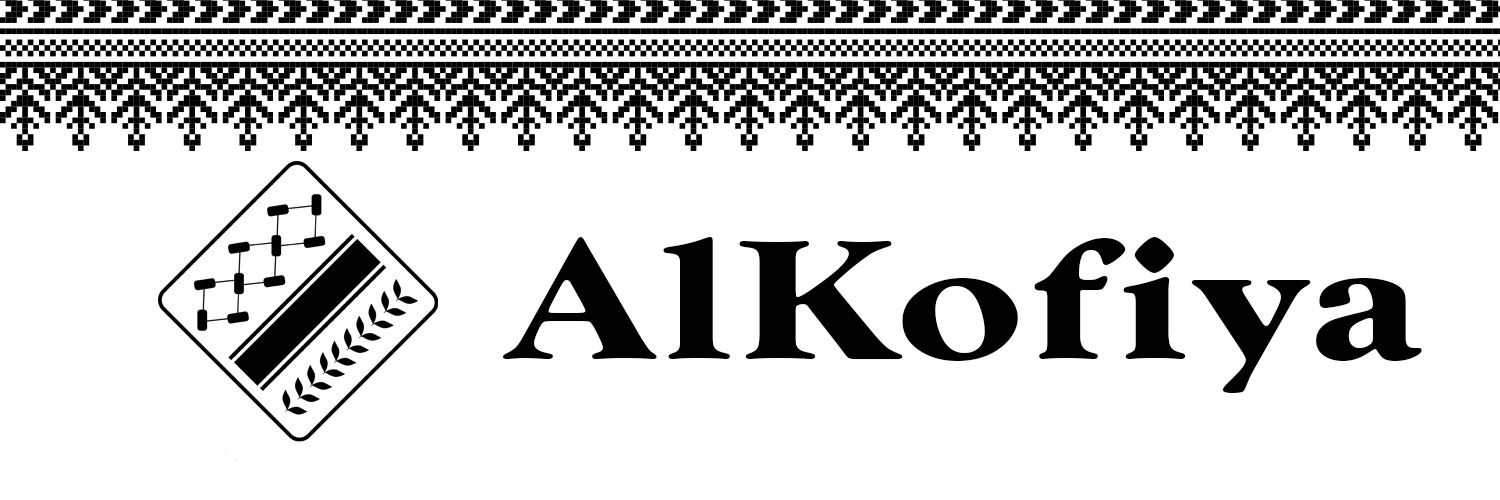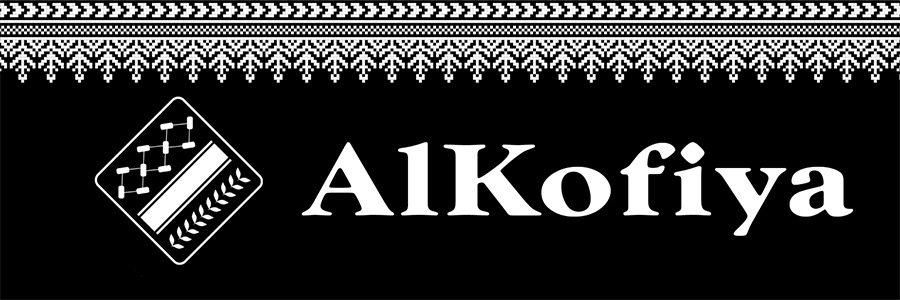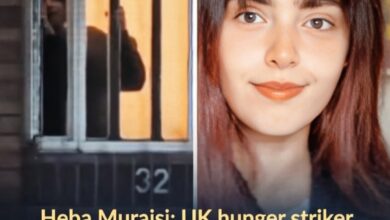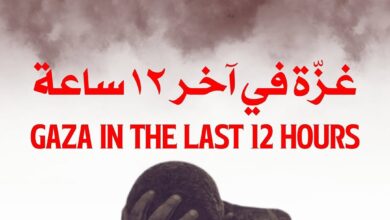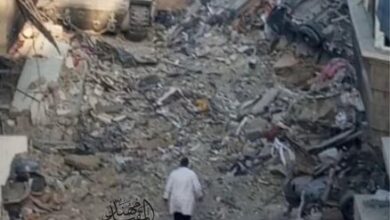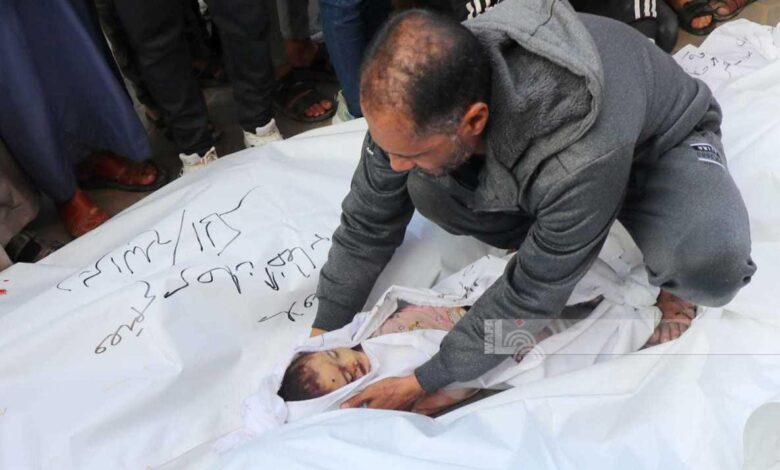
“The Gaza Strip is the most dangerous place in the world to be a child. And day after day, that brutal reality is reinforced,” today said UNICEF spokesperson James Elder during a press briefing at the Palais des Nations in Geneva.
“Over the past 48 hours, the largest remaining fully functioning hospital was shelled, twice. That hospital – Al Nasser in Khan Yunis – not only shelters large numbers of children who had already been badly injured in attacks on their homes, but hundreds of women and children seeking safety,” he said.
Elder said that UNICEF had shared the story of 13-year-old Dina. “When her house in Khan Yunis was completely destroyed, she was injured and later her right leg was amputated. She lost both of her parents and two brothers. But Dina hadn’t lost hope. She told us about her dreams of being a lawyer. She said, ‘I feel injustice; when I grow up, I will become a lawyer so that I can enjoy my rights and the rights of all children’.
“Dina was one of the people killed at Nasser Hospital on Sunday, the day after she shared her story of hope,” he said, wondering, “And so where do children and their families go? They are not safe in hospitals. They are not safe in shelters. And they are certainly not safe in the so-called ‘safe’ zones.”
Elder explained that the “safe zones” are tiny patches of barren land, or street corners, or half-built buildings, with no water, no facilities, no shelter from the cold and the rain, and no sanitation.
“And so without water and sanitation, nor shelter, these so-called safe zones have become zones of disease. Diarrhea cases in children are above 100,000. Acute respiratory illness cases in civilians are above 150,000. Both numbers will be gross undercounts of the woeful reality,” he said.
“Without sufficient safe water, food and sanitation that only a humanitarian ceasefire can bring – child deaths due to disease could surpass those killed in bombardments,” said the UNICEF spokesperson.
“Parents are painfully aware that hospitals are not an option for their sick child – both because hospitals are getting hit, and because hospitals are overwhelmed with children and citizens with the ghastly wounds of war,” he said.
“As we speak, the delivery of aid is a matter of life or death for children in Gaza and the conditions to provide that aid are not being met. An immediate and long-lasting humanitarian ceasefire is the only way to end the killing and injuring of children, and child deaths from disease, and enable the urgent delivery of desperately needed lifesaving aid,” stressed the UNICEF spokesperson.
